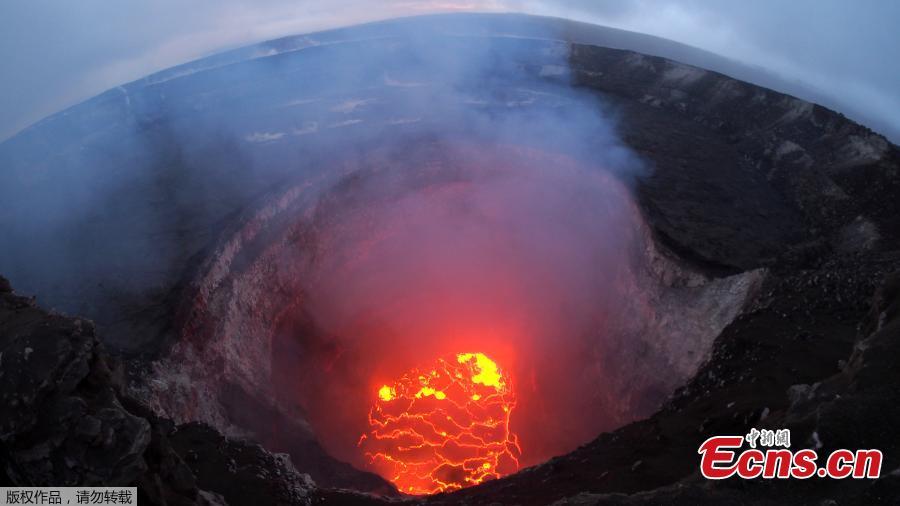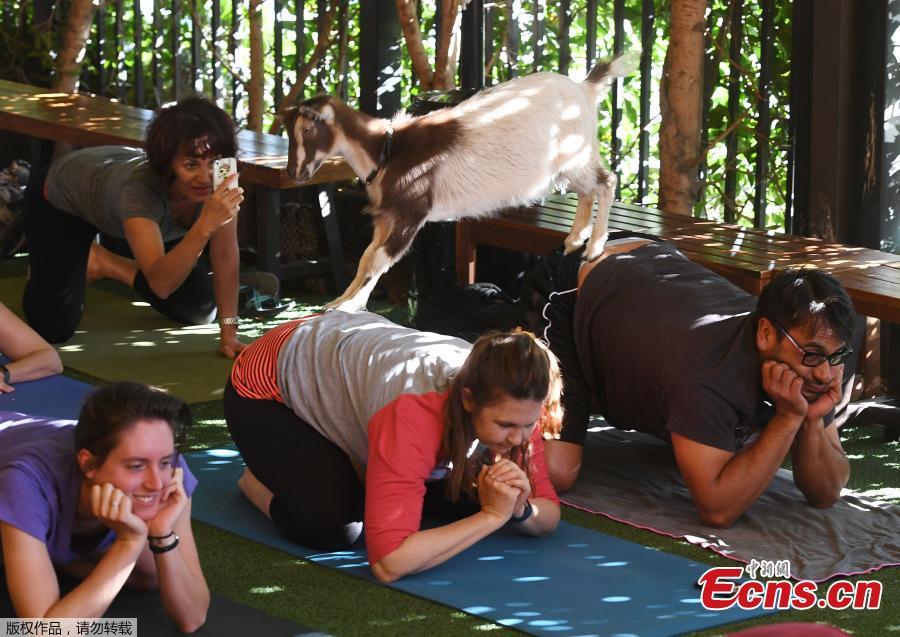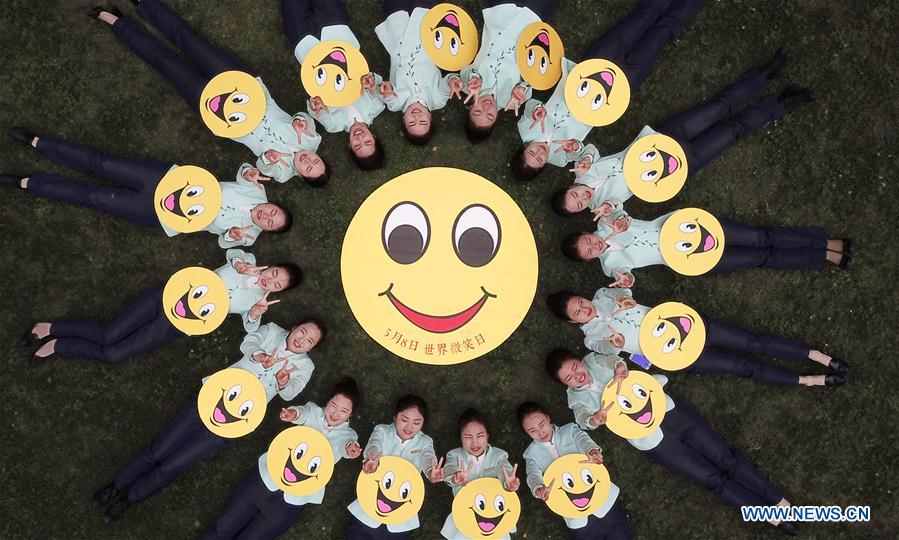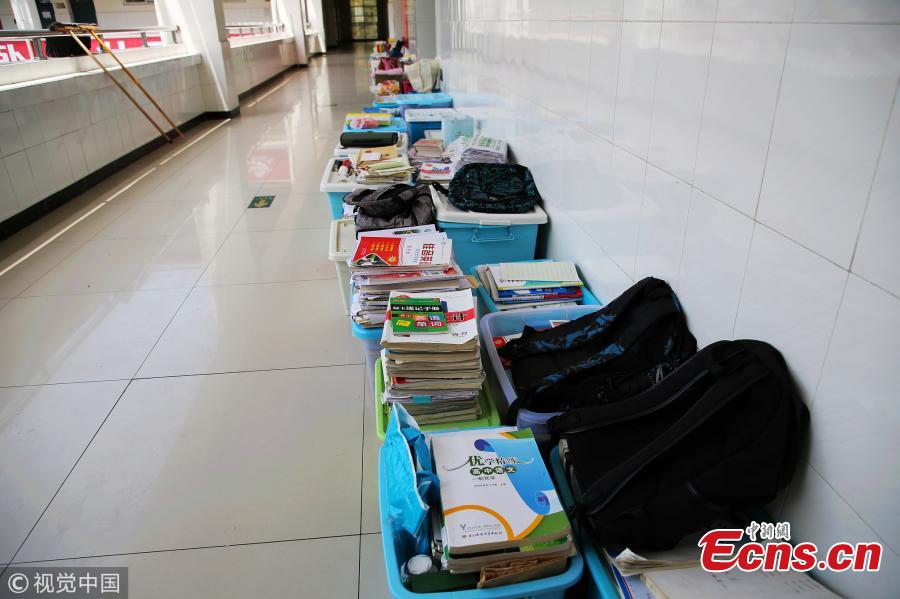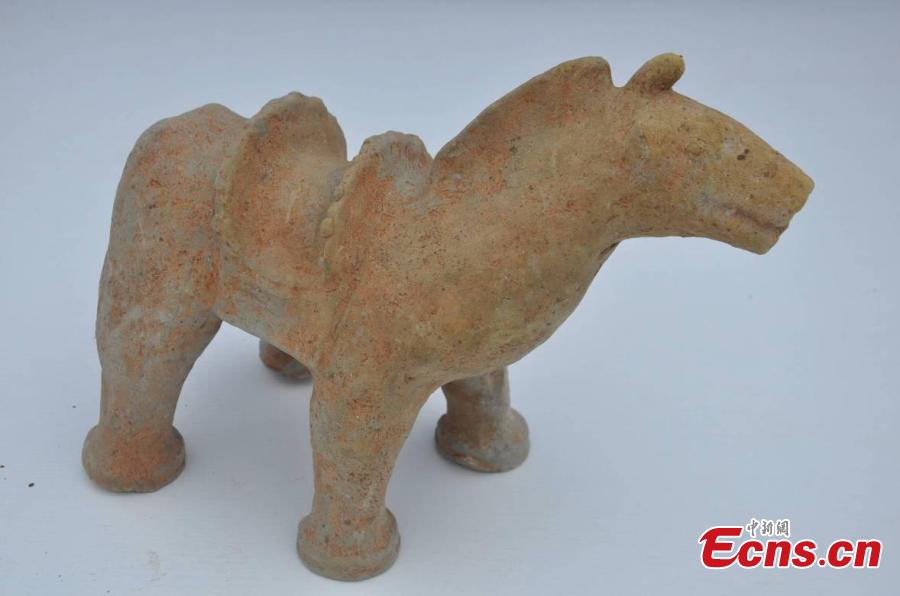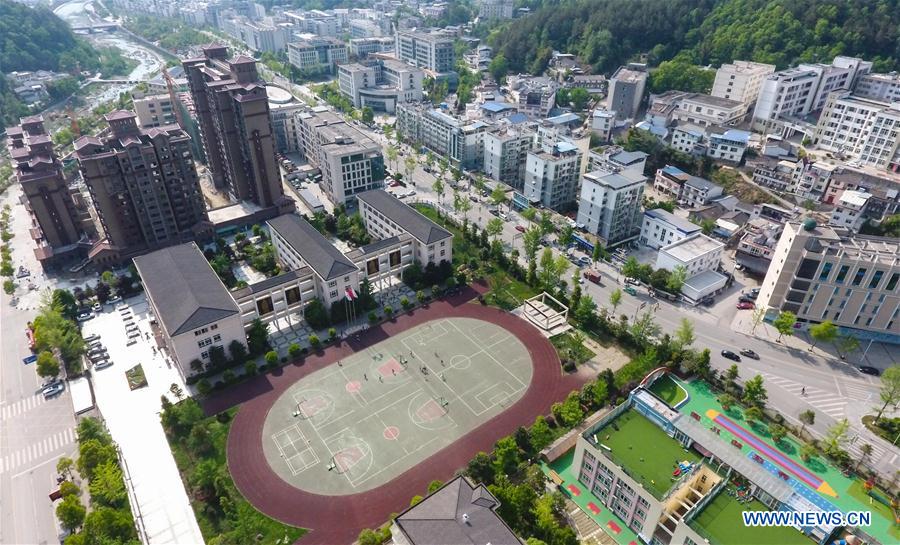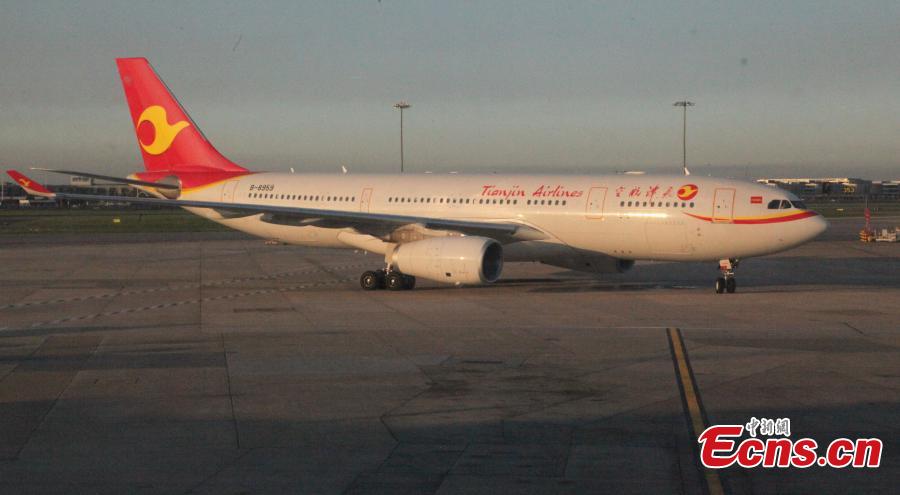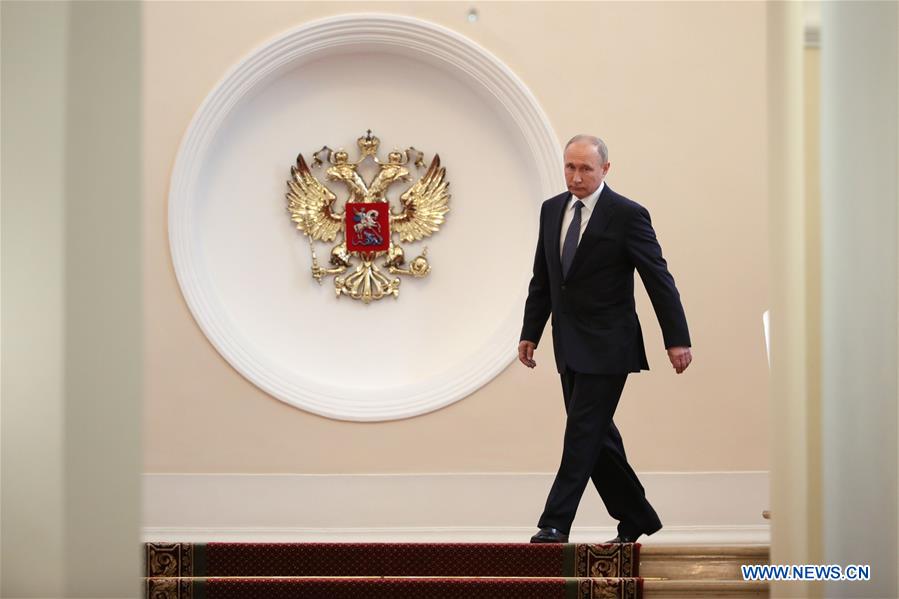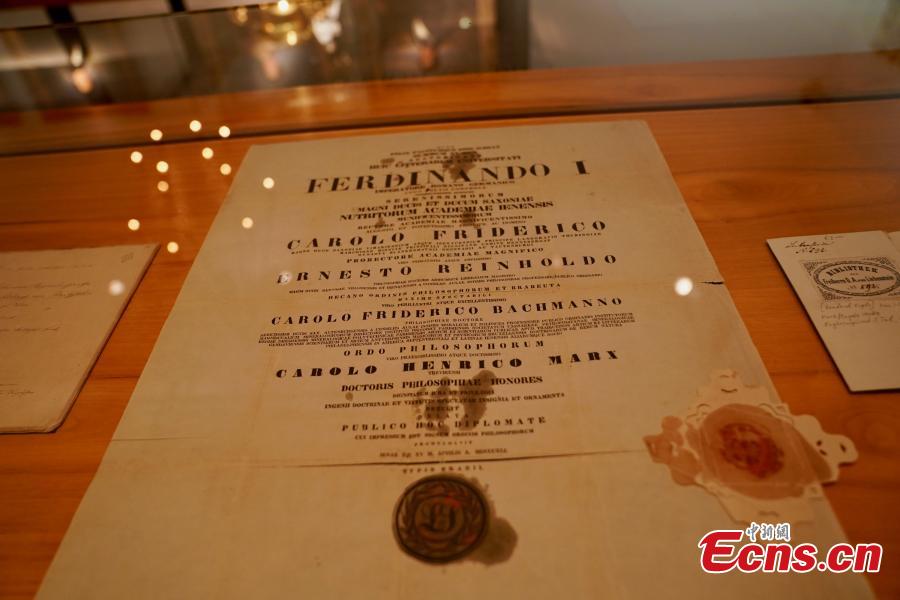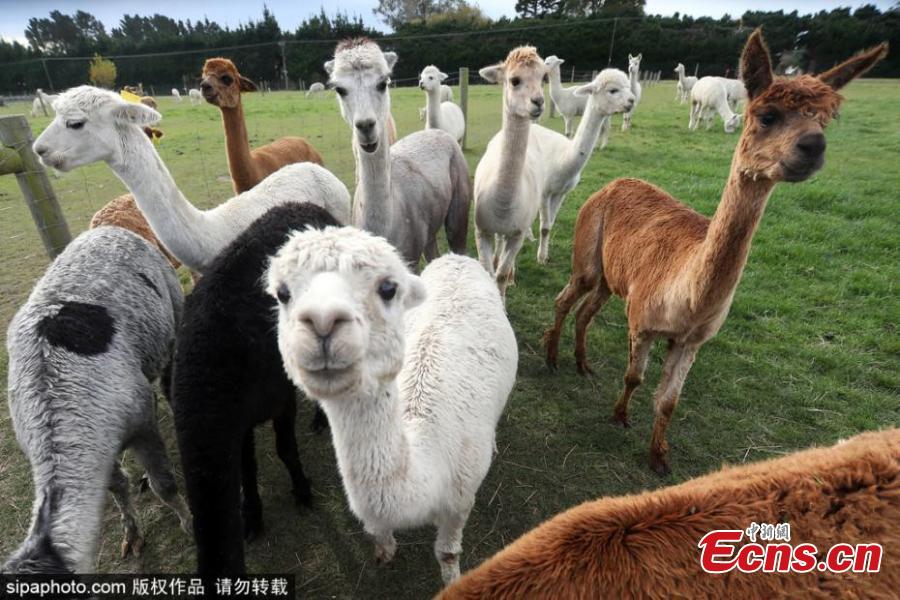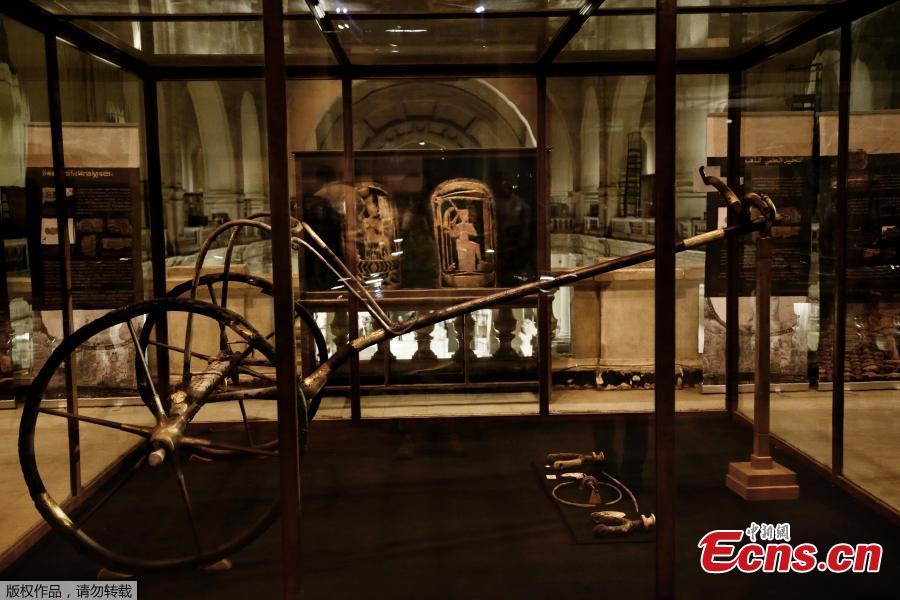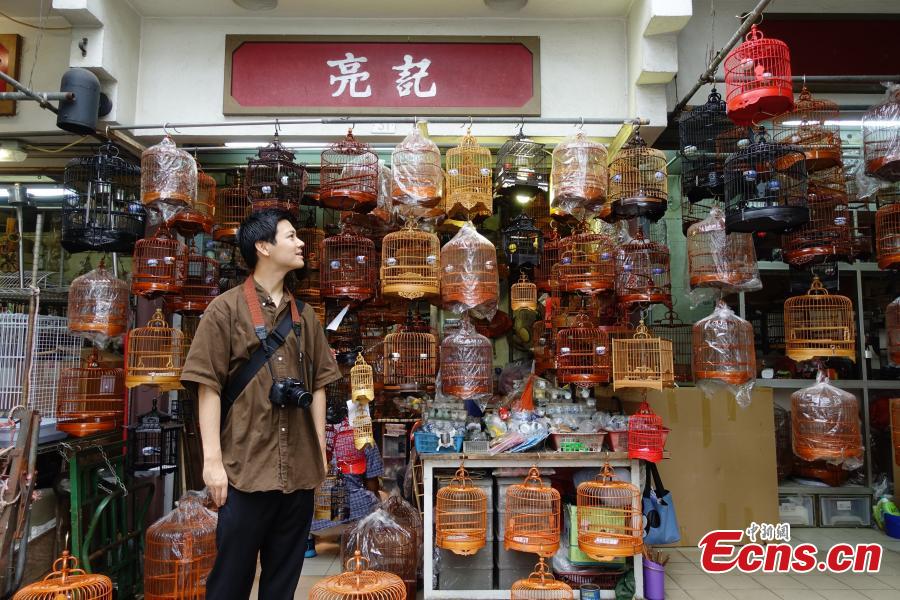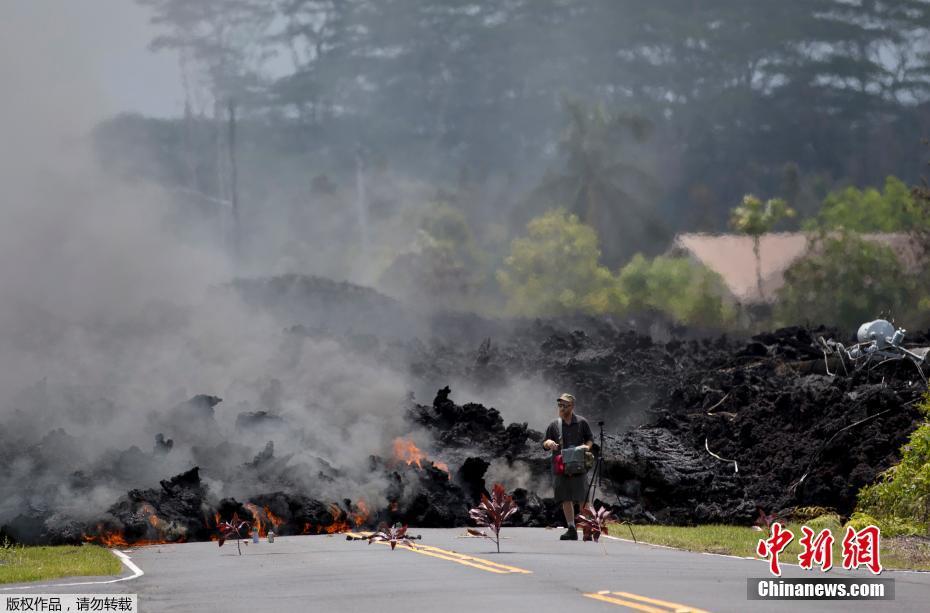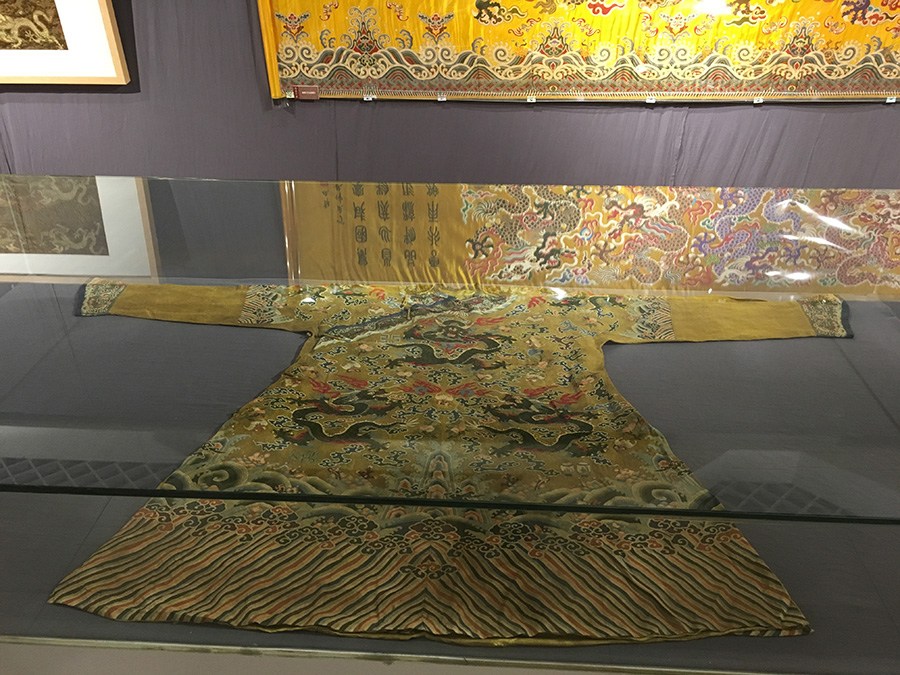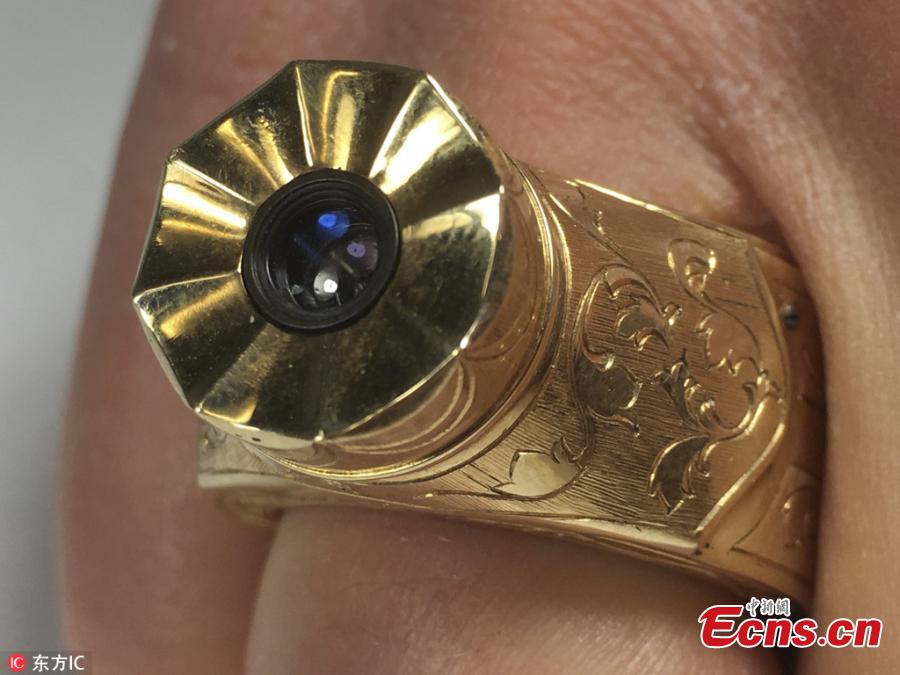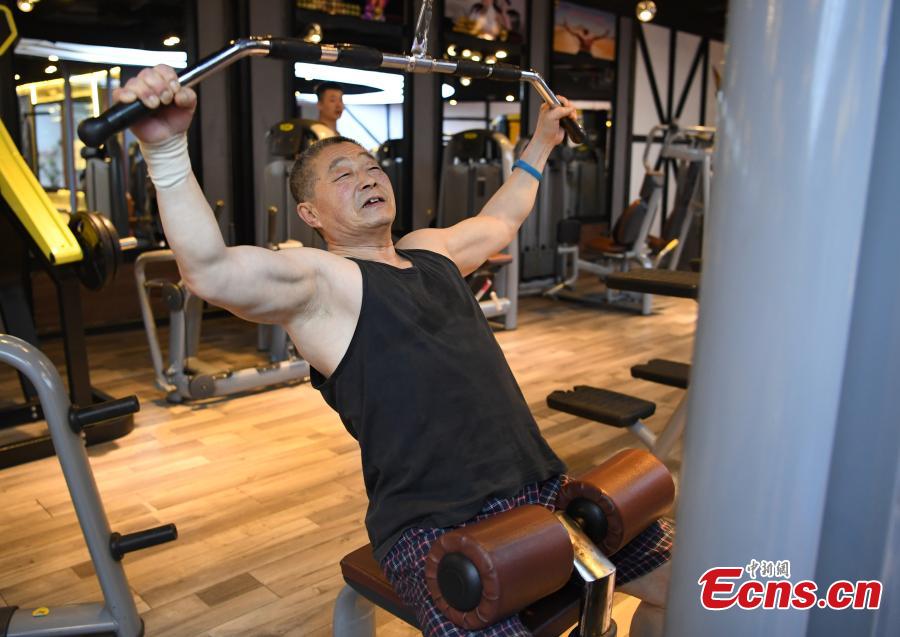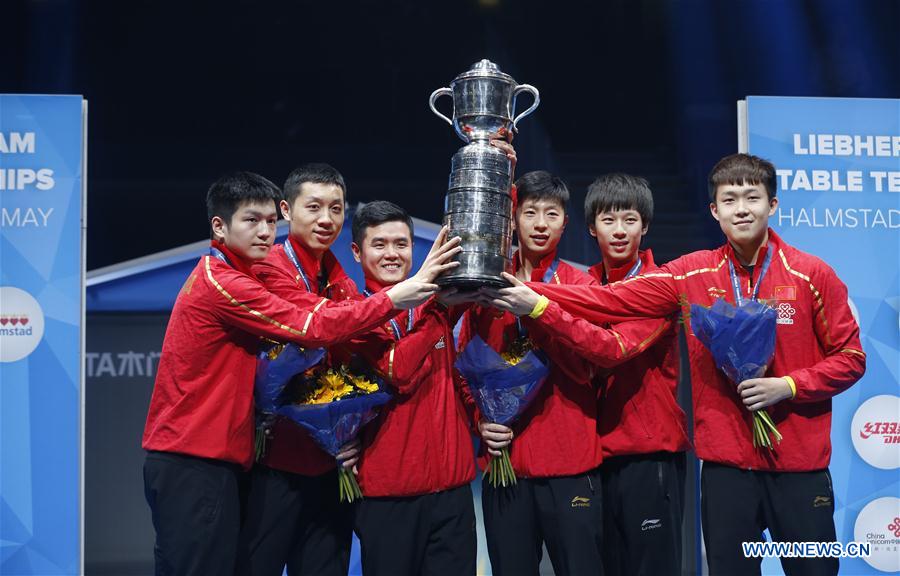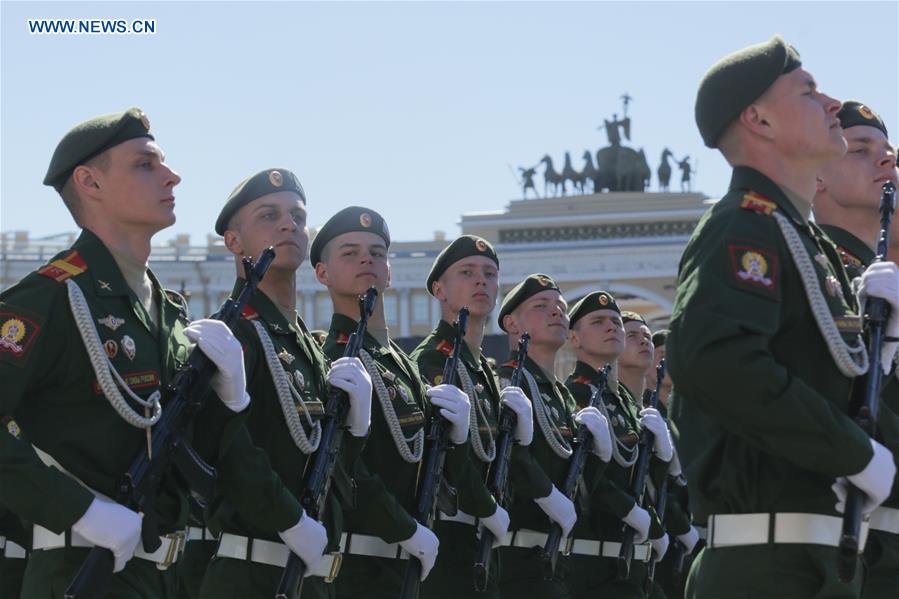Political advisor Meng Xianming shares the dream of introducing Chinese culture to the outside world, but he has a special audience in mind: gamers.[Special coverage]
His ideas include not just sword masters or ancient shamans, but also eastern style storytelling, romance, and music, all of which figure prominently in his company's role-playing games (RPGs) that have gained a sizable following among young Chinese.
A member of the National Committee of the Chinese People's Political Consultative Conference (CPPCC), the country's top political advisory body, Meng is the founder of Wangyuan Shengtang, whose magnum opus Gu Jian has sold over 2 million units since it was released in 2010.
Based on the success in the domestic market, he aspires to go global.
"I want to make my games a carrier of Chinese culture, which touch hearts both in and outside China," he said, adding the country's efforts in developing the cultural sector has boosted his ambition.
Meng was among the over 2,100 political advisors attending the first session of the 13th National Committee of the CPPCC in Beijing.
They listened to the government work report delivered by premier Li Keqiang Monday at the annual session of the 13th National People's Congress (NPC), the country's top legislature.
According to the report, China's cultural industry has grown by more than 13 percent annually over the past five years. The report also stressed the importance of keeping fine traditional Chinese culture alive and thriving, and vowed to foster new cultural businesses.
"Games can be a way to carry forward the traditional culture and values, a fun way to do so," Meng said, adding that most of the gamers are aged between 15 to 25.
He believes that Chinese video games usually stand out for their wonderful storytelling and rich cultural connotations, compared with those of western developers which place more emphasis on gameplay.
Both the script of Gu Jian and the company's new product Faith of Danschant were inspired by ancient Chinese classics, folklore, and poetry, he said.
Meng's company is translating Gu Jian and the Faith of Danschant into English and plans to launch them in overseas markets. Currently they are negotiating overseas licensing with seven countries including the United States, Russia, Japan, and the Republic of Korea.
"It will be great if more western young people can fall in love with traditional Chinese culture by playing our games," Meng said.
China's gaming industry is rising to be an important pillar of the cultural sector with a rapid increasing of global presence.
According to a report by China Game Publishers Association Publications Committee, China's gaming market boasted a revenue of 203.61 billion yuan (32.1 billion U.S. dollars) in 2017, accounting for about 5 percent of the cultural industry and registering a growth of 23 percent from the previous year.
At the same time, Chinese game developers such as NetEase and Tencent have been exploring how to promote their top performing games overseas. Chinese online games registered an overseas sales revenue of 8.28 billion U.S. dollars last year, up 14.5 percent from 2016.
According to Meng, a major challenge for the overseas game promotion of Chinese games is cultural differences. "Western gamers care more about the game operations and visual effects, while Chinese players pay more attention to stories and music."
"We will improve to catch up with the western gaming leaders," he said.
As a political advisor, Meng has set his eyes on something bigger. He brought a proposal to the session calling for more government support for the design service industry.`
"Design is a key part of the cultural industry. Good design helps upgrade the real economy by increasing the added value of products. Usually it is the design of a product that attracts consumers most," he said.
The CPPCC National Committee members are people from various backgrounds including scientists, officials, entrepreneurs, and religious figures. They gather at the annual session to discuss major political, economic, and social issues.
Meng, a member of the Hui ethnic group, is one of the 103 national political advisors representing ethnic minority groups.
"In addition to the development of cultural industry, it is also my responsibility to be a voice for ethnic minority groups," he said.
Meng has been traveling to different ethnic minority areas to gain a deeper understanding of the local development conditions.
"My field studies as a political advisor inspires my game development, as well. Ethnic music and dancing are an important element of our game products," he said.









